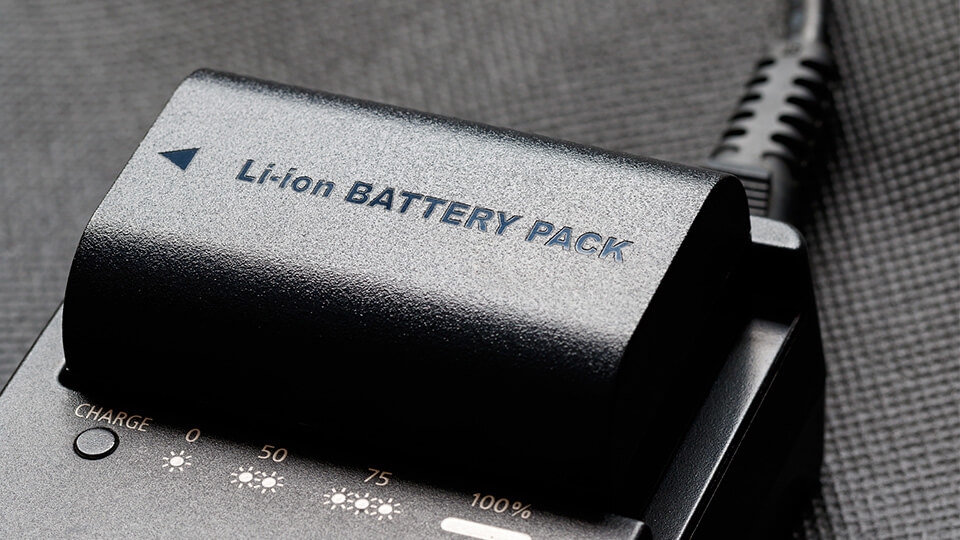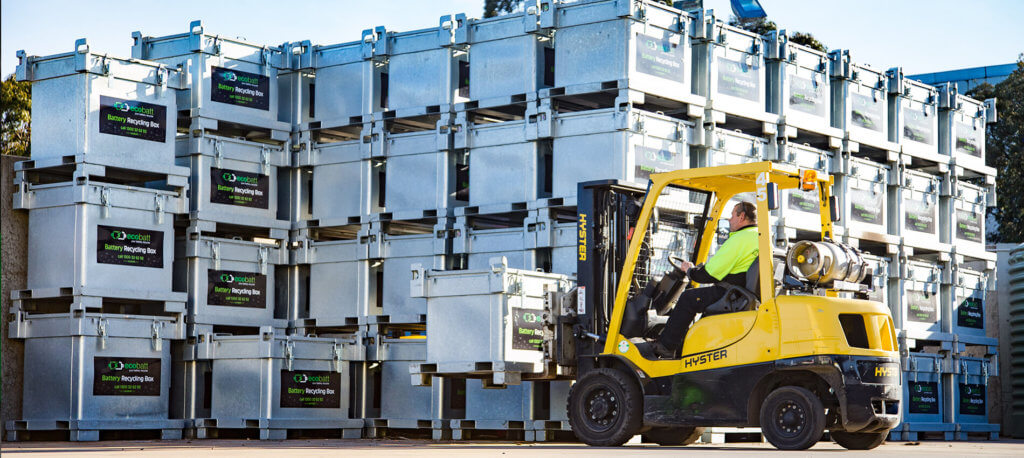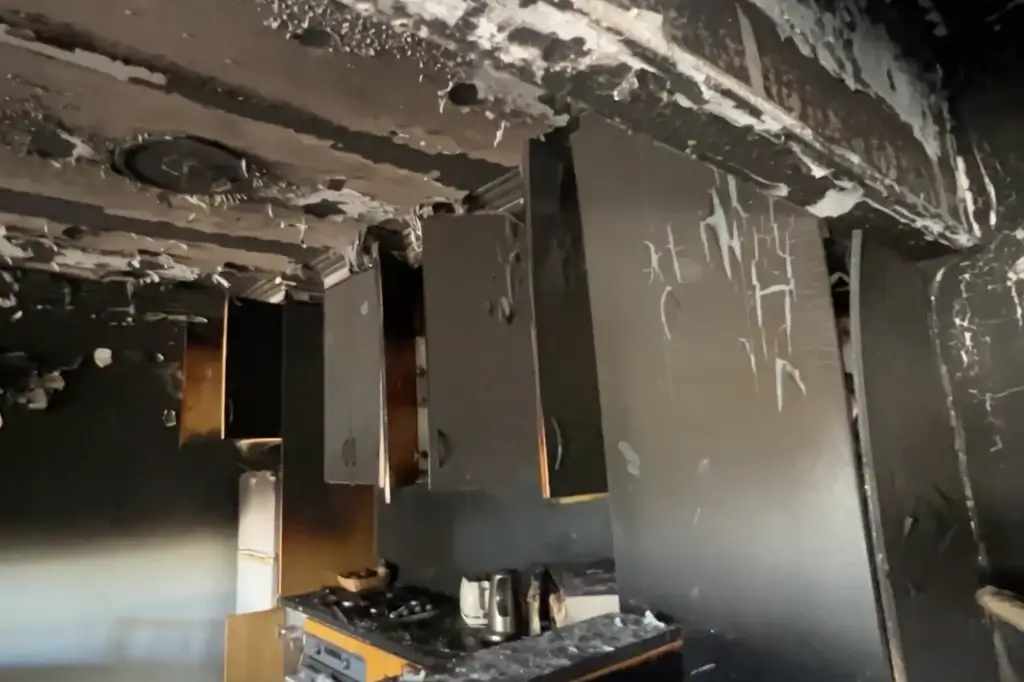“Recycling of lithium-ion batteries is one of the most important technologies to decarbonise future society”, says Melbourne University researcher Junnan Lu. Recent research conducted by Lu aims to recycle all materials in these batteries. Importantly mitigating the negative environmental impact associated with the disposal of end-of-life batteries.
Indeed, the manufacture of lithium-ion batteries requires a range of scarce critical minerals like lithium, aluminium, cobalt, and nickel. Furthermore, once these products are used the challenge becomes one of how to effectively extract these materials efficiently. They can then be used again, thereby delivering the ideals of a circular economy.
Low Recycling figures
It should be noted that only 10% of lithium-ion batteries were recycled in 2021. One of the key reasons is low collection rates. Sadly, despite the moves of the industry, there are still too many potentially being dumped into landfill. Furthermore, at a time of global instability, we are not only polluting our environment, but we are failing to embrace the economic potential of mining the raw materials for future use. Without a doubt this is inhibiting our move to a circular economy.
Lu argues that what we essentially need to create is a form of urban mining. Importantly, he identifies the process into three steps. Firstly, the sorting of lithium-ion batteries and dismantling them by hand. The labour-intensity of this process and the potential hazards should be noted. Secondly, the batteries are then processed by comminution and shredding to reduce the particle size and expose the valuable materials.
The final step is the separation of the materials including copper, aluminium, iron, and plastic, based on their physical properties of density and magnetism.
Subsequently, Lu notes that after these processes the remaining left over is black mass – a mixture of the battery’s anode and cathode, containing metal oxides, graphite and impurities. Whilst many commercial battery recyclers stop there, Lu is researching how liquid extraction can be used to target different metals in the black mass.
End to end solutions
Given the importance of this type of research Ecobatt are already working in a practical, commercial way to achieve an integrated ‘end to end’ solution with all its recycled products.
For example, Alkaline batteries are recycled with the shredded steel cans. These are shipped to Castings Tasmania for melting into specialised castings for the local and general Australian market. This represents about 30%. of each alkaline battery. Approx 50% of alkaline batteries generate a substance called ‘Black Mass’. This can be used by Castings Tasmania in their furnaces for the production of their product range. Black Mass contains a variety of metal elements, including zinc and manganese. The latter is used for strengthening steel.
Various other types of batteries are recycled for copper, lithium, cobalt, and nickel. Many of the best lithium batteries include cobalt and nickel which can be extracted, recycled, and refined. The price for cobalt and nickel reflects the importance, and need, to recycle these batteries responsibly. Each of the battery chemistries has specific recycling processes attached to them. This illustrates the flexibility of battery recycling operations undertaken by Ecobatt and its associated companies.
Whilst new technologies will be developed, with new chemistries, there will be an ongoing need to recycle these batteries and recover the inherent metal materials contained within them for reuse and refining. Through the Recycal and EcoE-waste businesses a key component will be plastic coated copper wire and copper foils, that will be separated for shredding into copper granules for use by ACL Metal Powders. ACL melts down the granules into copper-based alloys creating a fine powder for selling into the automotive industry and other markets, both domestically and overseas.





